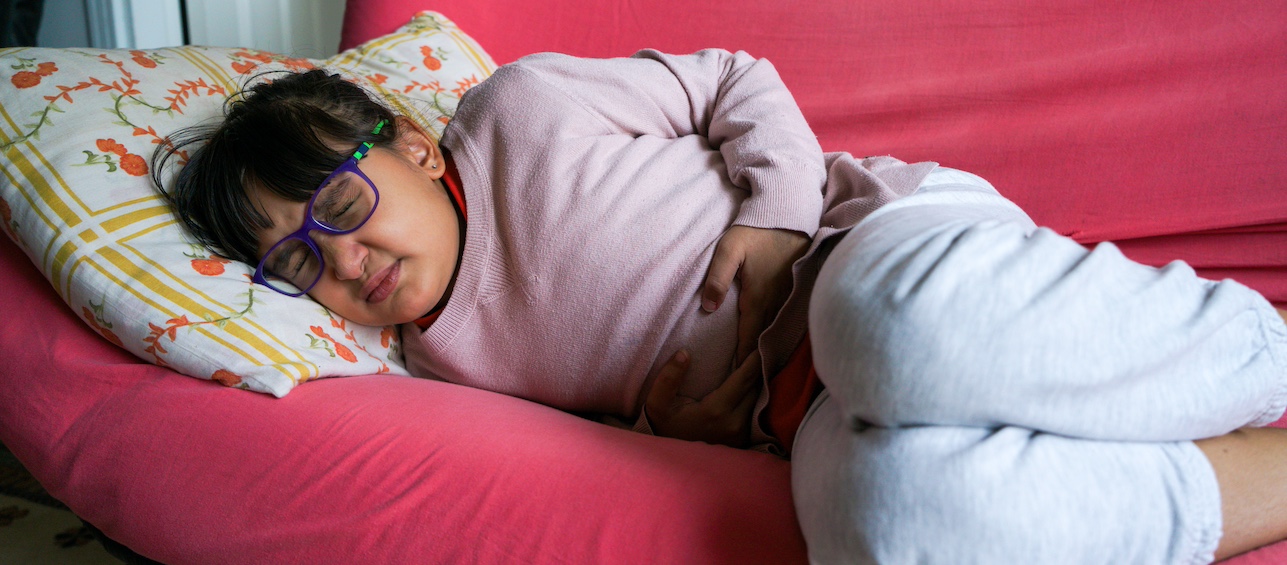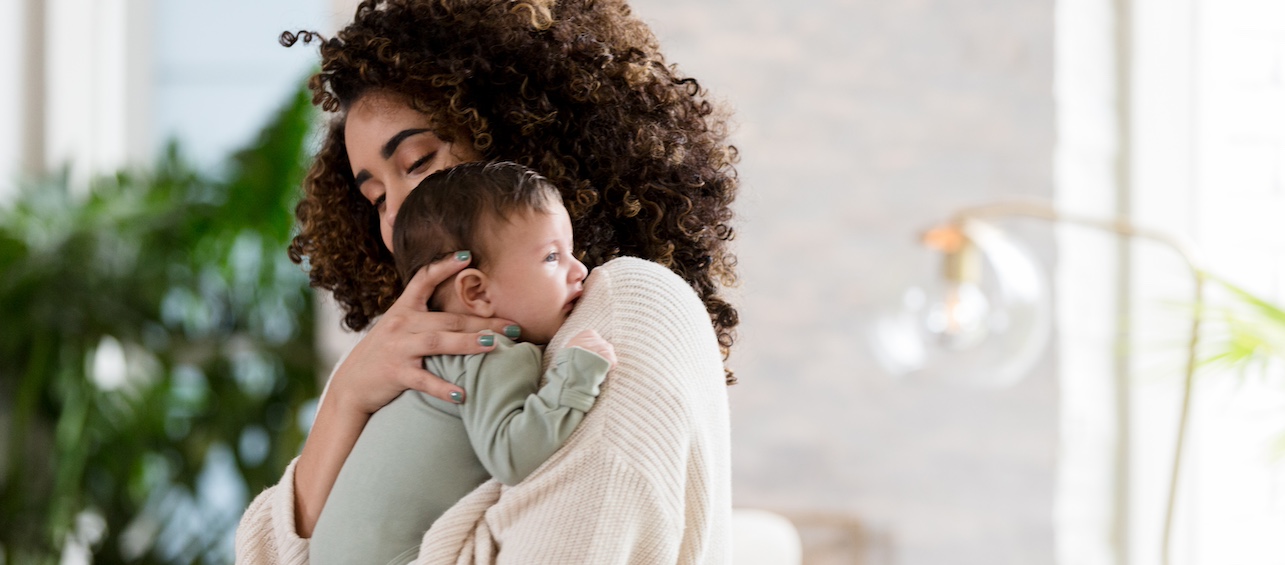Ten years ago, it was starting to become clear that my 12-year-old son was not well. At first I’d assumed his string of occasional fevers and complaints of stomach pain were just everyday viruses. However, I soon realized he was losing weight and had gone from being the tallest boy in his class to one of the shortest. After a series of tests we had an answer: He was diagnosed with Crohn’s disease, a form of inflammatory bowel disease (IBD). As I think back over the last 10 years, there are three key things I learned.
Lesson #1: Everybody grieves differently. At first, my son’s diagnosis with Crohn’s felt like a relief. We had an answer and it wasn’t “all in his head.” When reality set in, though, we definitely went through a grieving period: None of us wants our kids to have to deal with a chronic illness and it’s not what he envisioned for his own life either. My personal coping strategy was to get involved in groups where I could learn more and talk with other parents for support. Initially, I tried to involve my son (who I will call Z) in the same activities, and I couldn’t understand when he resisted. I eventually realized that he just wanted to spend his good days doing normal high school boy activities and not talking about Crohn’s disease. Ultimately I realized that’s actually what I wanted for him too!
In the coming years, Z had good days and bad days, but life moved forward, and he enjoyed typical young adult activities and rites of passage: sports, band, choir, school trips, dances, etc. He went on to college at Ohio State where he traveled throughout the eastern half of the country playing for Ohio State’s men’s ultimate team and also enjoyed participating in many events hosted by his girlfriend’s sorority. This past spring, he graduated with a degree in aerospace engineering. Intermixed, there were several hospital admissions, one surgery, and a few month-long periods when he wasn’t feeling great but functioned. There were also many years when he didn’t have any Crohn’s symptoms at all.
Lesson #2: Crohn’s can be invisible; trust your “parental gut.” Because of the location of Z’s disease, he rarely had obvious symptoms when he was ill—no diarrhea, no bleeding—just complaints of stomach pain and not feeling well. On days when he was sick, I constantly debated with myself wondering if I should push him to go to school or let him stay home. Now that he’s an adult and his communication skills have gone beyond “teenage boy grunts,” it’s clear that he pushes himself when he can, but when he says he’s sick, he really is. As parents, we need to use our best judgment in the moment: trust our instincts in determining when to push kids to be resilient and when we just need to be supportive…and err on the side of support when we really aren’t sure.
Z will soon be transitioning from Cincinnati Children’s to adult care causing me to reminisce. I will feel forever grateful for the care he received from Children’s throughout his young adult days. They helped us understand his illness and get it under control. They helped with school issues. They went “above and beyond” in assisting us when he was admitted to hospitals while out of town. Finally, when Z experienced a flare just a couple months before his college graduation, Cincinnati Children’s arranged his care so that he was able to finish the semester and attend commencement before returning home for treatment.
Lesson #3: College kids with chronic health issues need a nearby primary care doctor. Z went to college about two hours away from home, so the plan was that he would continue to see a GI doctor at Cincinnati Children’s and would use the college health services for non-Crohn’s-related issues. Some parts of that plan worked great: Cincinnati Children’s was wonderful in seeing Z when he was home on breaks and assisting with issues by phone when he was out of town. The college health service was convenient for routine blood tests. However, the college health service was not a good solution when Z was sick: Since he was on immunosuppressants and a variety of other medicines, he needed faster and/or more experienced care when he was sick with viruses or infections. Even issues that weren’t Crohn’s-related, e.g., a few concussions and a broken finger, raised questions about medicine interactions or which medicines were OK for Crohn’s patients. After countless frustrating ER and Urgent Care visits, we finally set Z up with a primary care doctor near campus. We could have avoided a lot of aggravation if we’d done that earlier.
Today, thankfully, as Z heads out into the adult world, his Crohn’s is under control. At nearly 6’5”, he jumped back onto his genetically programmed growth curve. We both grew in learning countless life lessons along the way.
How about you? What have you learned from being a parent of a child with IBD?






Linda, thank you so much for sharing your story with us. It is thoughtful, poignant and insightful. I love the lessons learned.